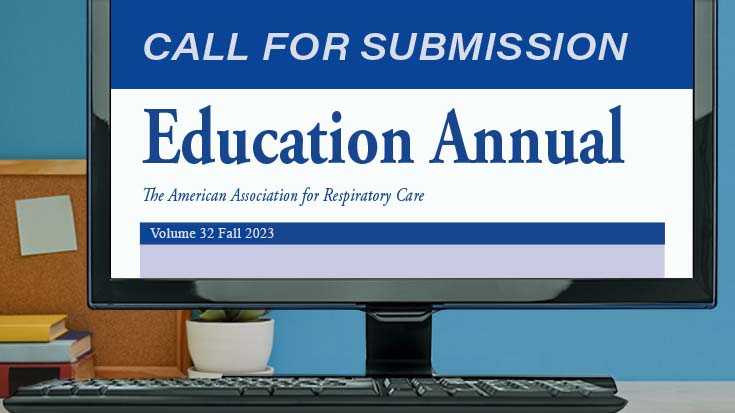
Helping students find research opportunities fuels their passion for respiratory care and builds the profession overall. Aaron Light, DHSc, RRT, RRT-ACCS, respiratory care program director at Ozarks Technical Community College in Springfield, MO, shares tips on helping students get involved in research projects.
Have a Plan
In Light’s program, students perform research projects in their final semester.
“Students are provided presentations on the role of research, why it is important, different types of research projects, and how to work through a project,” Light said.
Students are then divided into groups and given a project. They must complete the project in a series of assignments:
- Write out the research question (According to Light, this is not as easy as it sounds.)
- Write out the methodology for the project (Light explained that this step normally takes multiple rounds of attempts to get one that is agreeable to the faculty mentor.)
- Perform the project
- Report the results in abstract form
Tips for Conducting and Presenting Research
“Start small,” Light said.
Light suggests performing a bench study or chart review type of project.
“In my experience, people try to start with a large project and either get frustrated along the way or do not have the mentorship—guidance—needed to see the project to completion,” Light said.
He also suggests finding a mentor to assist with the project.
“This can be from area researchers, or by using AARConnect and finding individuals that are interested in the topic,” Light said.
Benefits to Students
“The ability to critically think is the primary benefit I see for students,” Light said.
He continued to list additional benefits, such as:
- The ability to think through a problem and find the variables that can be controlled and those that cannot.
- To think about the weakness of the project design and how they might be strengthened also assists the students in becoming better critical thinkers.
“All in all, that is what we want all students to do: learn to think,” Light said.
Light believes that students who get projects published are more marketable because they have something to put on their resume. He also feels that performing the projects and then presenting them at the annual AARC Congress meetings “builds confidence in the student and helps them feel a part of the respiratory care community.”
Email newsroom@aarc.org with questions or comments, we’d love to hear from you.















